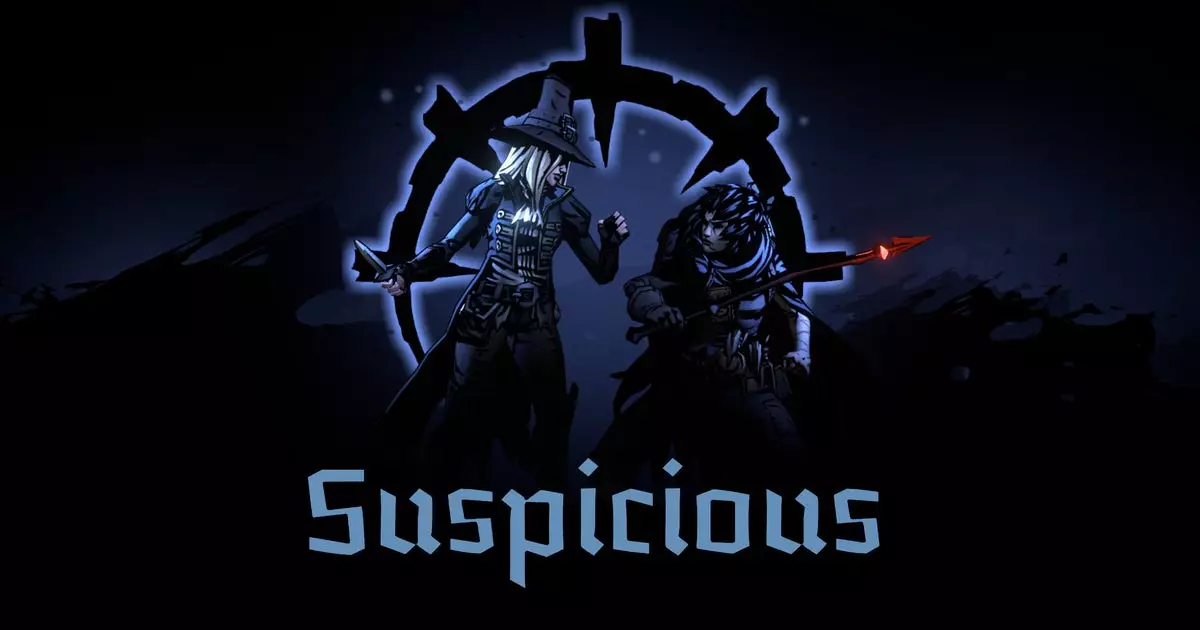In a strategic and perhaps controversial move, Behaviour Interactive, the developers behind the popular multiplayer horror game Dead By Daylight, announced the acquisition of Red Hook Studios, renowned for their critically acclaimed title, Darkest Dungeon. This acquisition raises questions about the nature of independence in the gaming industry, especially given Behaviour Interactive’s recent history of layoffs, studio closures, and game cancellations. As Behaviour seeks to expand its portfolio within the horror genre, the implications of such a move are worth examining more closely.
Over the past two years, Behaviour Interactive has undergone significant restructuring, gaining new studios while simultaneously laying off staff and shuttering its own studio, Midwinter Entertainment. This presents a contradictory narrative; on one hand, they are fostering expansion by acquiring creative talent, while on the other, they are making cuts that paint a less favorable picture of their treatment of employees. These unceremonious layoffs can lead to distrust—what does it mean for the future of acquired studios? The community may rightfully wonder about the stability and culture at Red Hook going forward. As Behaviour’s reputation for sudden, drastic changes throws a shadow over its recent endeavors, Red Hook’s challenge will be not only to navigate this new affiliation but to thrive within it.
Despite Behaviour’s assurances that Red Hook will operate as an independent entity, one must critically question what independence truly entails when it is coupled with corporate ownership. Red Hook’s co-founder, Chris Bourassa, expressed a sense of excitement about the synergy between the two Canadian studios. However, the ambiguity surrounding the practicalities of this partnership raises eyebrows. For example, will Behaviour simply provide financial backing, or will they exert influence over creative decisions? In a business where artistic integrity often clashes with commercial interests, the delicate balance that needs to be struck to maintain Red Hook’s unique vision is key.
Bourassa’s characterization of Behaviour and Red Hook as “kindred spirits” highlights a common belief in the industry: that cultural and operational synergies can foster creativity and growth. Behaviour’s recent press release declared an ambition to become synonymous with horror games. However, the acquisition’s primary focus seems to be on aligning Red Hook with a broader corporate strategy rather than nurturing its existing creative projects—like the much-anticipated kingdom-sized expansion for Darkest Dungeon 2. The question remains: will the pressures of a larger corporate structure dilute Red Hook’s distinctive style and creativity? The legacy of Darkest Dungeon, which thrived on its unique blend of horror and strategy, risks being overshadowed if its creators feel compelled to conform to Behaviour’s overarching vision.
With Red Hook set to continue its work on expanding Darkest Dungeon 2, the studio’s future appears bright on the surface. However, the industry often sees games morph into products that fit corporate expectations rather than remaining true to artistic ambitions. While comparisons have already been drawn between the collaborative potential of Behaviour and Red Hook, there exists a lingering fear that Red Hook’s mission may suffer under the weight of its parent company’s ambitions. For the fans of Darkest Dungeon, the hope is that the game can evolve without succumbing to corporate pressures that might compromise its core principles.
Behaviour’s acquisition of Red Hook signals a broader trend in the gaming industry: the consolidation of creative studios under larger corporate umbrellas. It invites scrutiny regarding the sustainability of indie identities within major corporate structures. As independent studios contend with maintaining their creative independence while benefitting from financial and technical support, the lines between independent spirit and corporate control continue to blur. Whether Behaviour can foster a genuine partnership that enhances rather than stifles creativity will be closely watched, both within and outside the gaming community.
While the acquisition of Red Hook by Behaviour Interactive holds potential, it also evokes skepticism about the future trajectory of both studios. The challenge will be to navigate their new relationship with care, ensuring that Red Hook’s unique identity remains intact while exploring new avenues for growth within the horror genre. As the gaming landscape evolves, so too must our understanding of what it means to be an independent studio in an increasingly consolidated industry.

